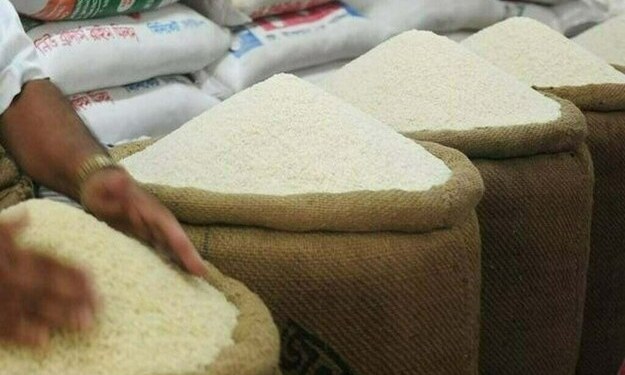* Bridgestone buys SIR20 at 75.25 cents/lb
* Thai grades not traded, prices seen too low
* Tokyo rubber futures slide towards 4-1/2 year lows
By Lewa Pardomuan
SINGAPORE, May 7 (Reuters) – Bargain hunters snapped up afew cargoes of tyre grade rubber this week, but most sellersstayed on the sidelines as prices held near multi-year lows onconcerns about demand and Thailand’s plan to release stocks,dealers said on Wednesday.
Thailand had planned in April to sell about 200,000 tonnesof rubber during the wintering season, when latex output drops.No sales were made, although the agriculture minister said onWednesday the government is still going ahead with the plandespite opposition from farmers.
Dealers said Bridgestone Corp, the world’s largesttyre maker, bought SIR20 late on Tuesday at 75.25 U.S. cents apound ($1.66 a kg) for July. Deals were also struck amongtrading houses at $1.67 a kg for June, down sharply from lastweek’s traded prices of $1.76 to $1.79.
“Many people simply do no want to do business right now,”said a dealer in Indonesia’s main growing island of Sumatra.”Everybody suffers because of the low prices.”
Benchmark Tokyo rubber futures tumbled more than 4 percentas trading resumed after a two-day holiday, with the most activeOctober contract hitting a low of 197.3 yen a kg, not far from a4-1/2 year low of 196.7 yen struck in April.
The Tokyo market, which has fallen more than 25 percent thisyear on fears about falling demand in top consumer China, wasfurther hit by Thailand’s plan to release stock it had purchasedfrom farmers to support domestic prices.
On Singapore’s SICOM exchange, the TSR20 contract -which covers Thai, Indonesian and Malaysian grades – was stucknear its weakest since mid-2009. The dry wintering season inSoutheast Asia has failed to support prices.
Rubber is tapped year round but latex output drops duringthe dry wintering season, when trees shed leaves.
Wintering in Thailand and Malaysia lasts from February toApril. In Indonesia, wintering lasts from February to May beforestarting up again in July through September.
Thailand spent 22 billion baht ($680 million) buying rubberfrom farmers from October 2012 to May 2013 without making muchimpression on prices. Thailand may produce about 4.0 milliontonnes of rubber in 2014, of which around 80 percent is forexports.
“Thai (sellers) are not willing to let go at currentprices,” said a dealer in Malaysia.
“They are still hoping to sell STR20 at $1.80 a kg. Mostpeople are also trying to strike deals for RSS3 at $1.98 to $2,but I don’t hear any business,” said the dealer, referring tothe two Thai grades.
Last week, RSS3 rubber was sold at $2.11 to $2.12 a kg.
Malaysia’s SMR20 was sold overnight at $1.70 to $1.78 a kg,down from $1.85 a kg last week.
“Rubber tappers are quite reluctant to go back to theestates because prices are poor,” said a dealer in Singapore. (Editing by Tom Hogue)
– Reuters


























